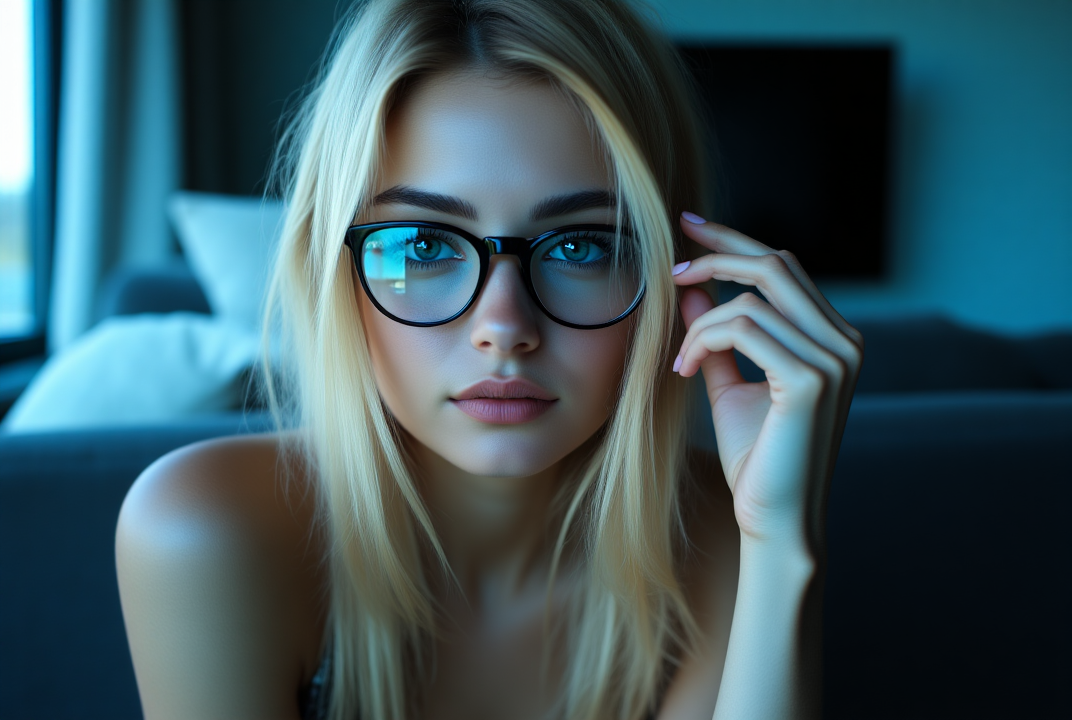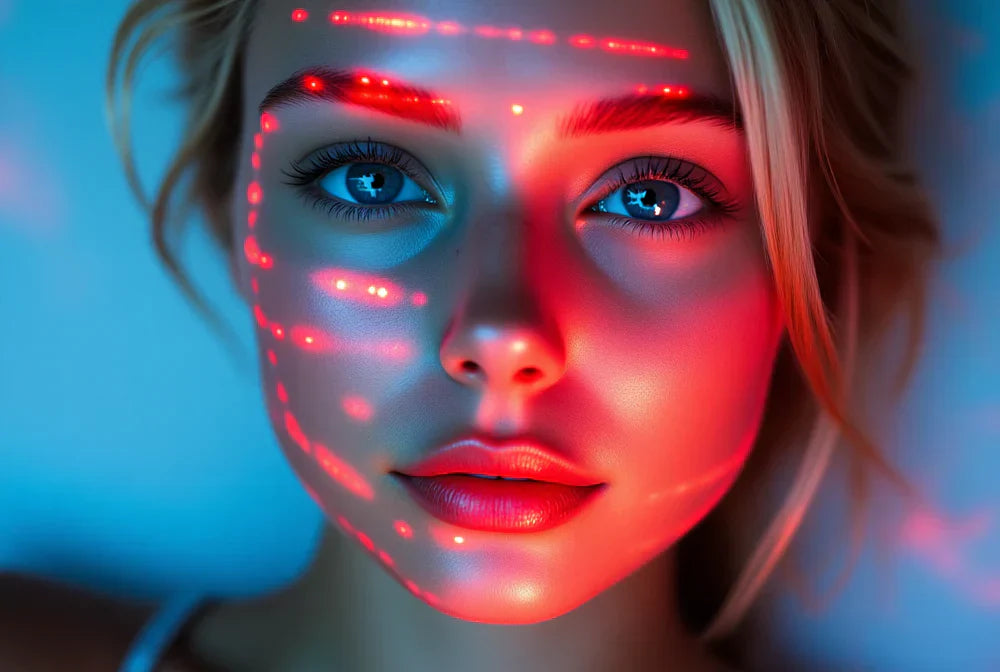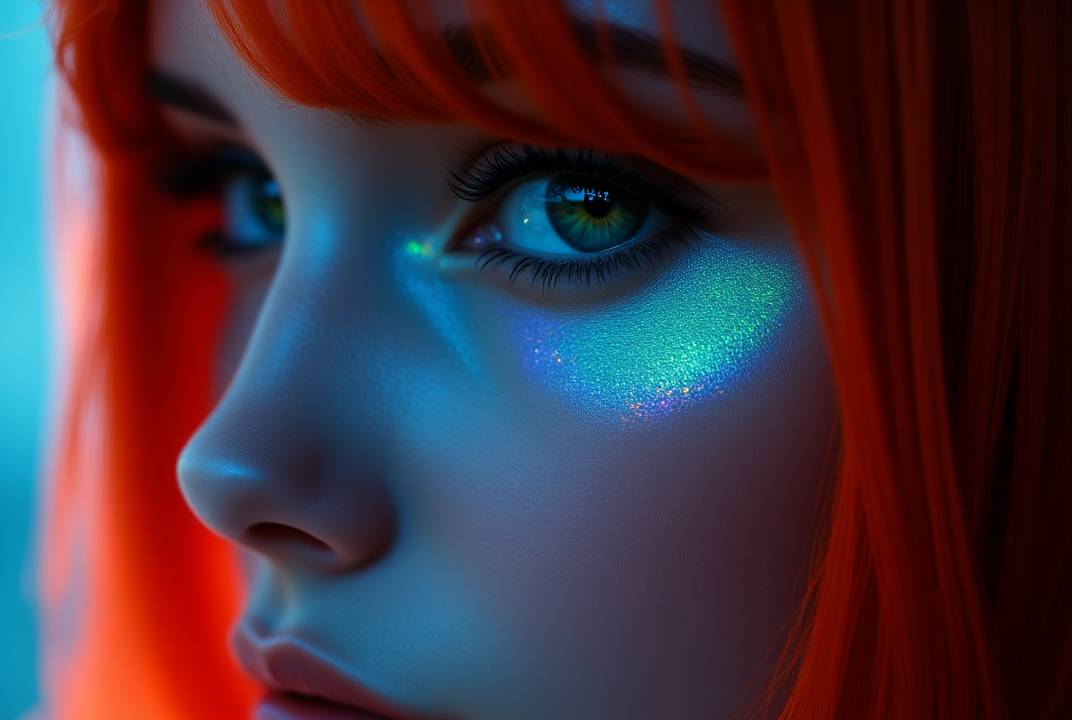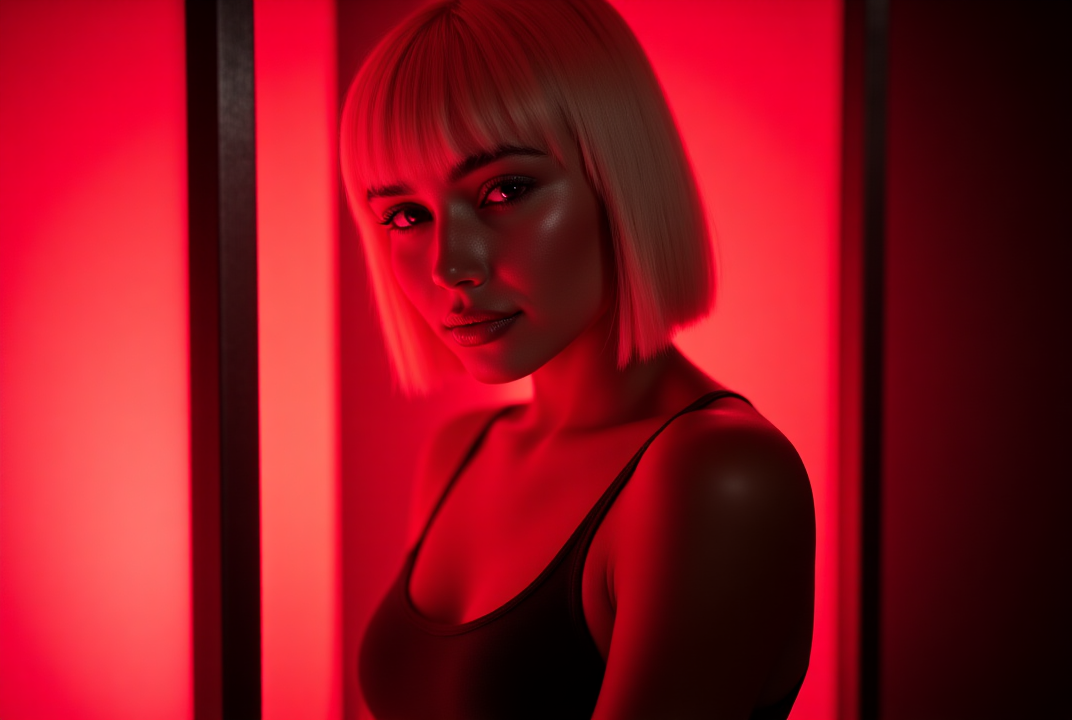With increasing screen time from work, entertainment, and social media, many people are looking for ways to reduce eye strain and the effects of blue light exposure. Two popular solutions are blue light blocking glasses and blue light screen protectors, but how do they compare? In this article, we’ll break down the key differences between the two, their effectiveness, and which option might be best for your needs.
What Are Blue Light Screen Protectors?
Specialized filters meant to lower the blue light output from digital devices like tablets, computers, and smartphones are blue light screen protectors. These protectors are typically made from a thin, transparent material that adheres to the screen's surface, effectively blocking or absorbing a portion of the blue light spectrum, particularly in the range of 400-450nm. Their goal in doing this is to minimize possible disturbances to the circadian rhythm brought on by extended exposure to artificial blue light, lower glare, and ease digital eye strain. Although they give those who spend a lot of time on screens a quick and non-intrusive solution, their efficacy may vary and they might not offer the complete advantages of blue light blocking glasses, which can be worn both day and night for best protection.
What Are Blue Light Blocking Glasses?
Blue light blocking glasses are eyewear specifically designed to filter out or block a significant portion of blue light emitted by digital screens and artificial lighting. These glasses are equipped with lenses that have a special coating or tint, which targets the blue light spectrum, particularly wavelengths between 400-570nm. By reducing exposure to this light, blue light blocking glasses help alleviate digital eye strain, enhance visual comfort, and support the body's natural sleep-wake cycle by optimizing melatonin production. Available in various styles for both daytime and nighttime use, these glasses cater to different needs—daytime lenses allow natural blue light for alertness while minimizing excessive indoor exposure, and nighttime lenses focus on preserving melatonin by blocking more of the blue and green light spectrum. This makes them an effective tool for individuals seeking to maintain eye health and improve sleep quality amidst the demands of modern digital life.
Screen Protector vs Blue Light Blocking Glasses: What’s The Difference?
Screen Protectors
- Functionality: Designed to adhere directly to the screen, these protectors filter out a portion of blue light, particularly in the 400-450nm range, reducing glare and digital eye strain.
- Convenience: Easy to apply and maintain, providing a non-intrusive solution for those who frequently use digital devices.
- Limitations: Primarily effective only when using the specific device they are applied to, and may not block as much blue light as glasses.
- Additional Benefits: Often provide added protection against scratches and smudges on the device screen.
Blue Light Blocking Glasses
- Functionality: Equipped with lenses that filter out a broader spectrum of blue light (400-570nm), including green light, these glasses are designed to reduce eye strain and support circadian rhythm.
- Versatility: Can be worn across multiple devices and environments, providing consistent protection throughout the day and night.
- Day and Night Use: Daytime glasses allow natural blue light for alertness while minimizing excessive indoor exposure; nighttime glasses focus on preserving melatonin by blocking more of the blue and green light spectrum.
- Additional Benefits: Available in stylish designs, they offer comfort and durability for long-term wear, catering to both professional and casual settings.
Key Differences
- Scope of Protection: Screen protectors are limited to individual devices, while glasses offer broader protection across various settings.
- Effectiveness: Glasses generally provide more comprehensive blue light blocking, especially for nighttime use, compared to screen protectors.
- Lifestyle Integration: Glasses can be combined with other practices like screen time limits and warm lighting for optimal eye health and sleep quality.
Which Is Better For Prevening Blue Light Headaches?
When it comes to preventing blue light-induced headaches, blue light blocking glasses are generally more effective than screen protectors. These glasses are meant to block a wider spectrum of blue light, including wavelengths that could aggravate headaches and digital eye strain. Regular wear of them, particularly during extended screen use, helps to lower the intensity of blue light exposure, therefore relieving headache discomfort. Unlike screen protectors, which are limited to individual devices and may not block as much blue light, glasses provide comprehensive protection across various environments and devices. This makes them a flexible and useful tool for people trying to reduce the effect of blue light on their well-being, especially those who regularly get headaches from long screen time.
Will My Vision Be Impacted When Wearing Blue Light Blocking Glasses?
Wearing blue light blocking glasses is unlikely to negatively impact your vision; instead, they are designed to enhance visual comfort by reducing glare and minimizing digital eye strain. The lenses in these glasses filter out specific wavelengths of blue light, which can cause discomfort and fatigue during prolonged screen use. While some users may initially notice a slight color shift due to the tint of the lenses, this typically does not interfere with overall vision clarity. For people who spend a lot of time in front of screens, these glasses are actually a good tool since they help preserve eye health and boost focus by lowering exposure to strong blue light. To prevent any possible discomfort or distortion, it is therefore crucial to make sure the glasses are of great quality and correctly fit.
Does a Screen Protector Impact The Brightness?
A screen protector can impact the brightness of a device, though the extent varies depending on the type and quality of the protector used. Blue light filtering screen protectors are designed to reduce glare and block a portion of blue light, which can result in a slight dimming effect on the screen. This is because the protector absorbs or reflects some of the light emitted by the screen to achieve its filtering effect. High-quality screen protectors are engineered to minimize this impact, ensuring that the screen remains clear and vibrant while still providing the intended protection. However, lower-quality protectors might cause more noticeable dimming or color distortion. Users should select a reputable product to balance effective blue light reduction with minimal impact on screen brightness and clarity.
Why Choose Blue Light Glasses?
- Comprehensive Protection: Blue light glasses filter out a wide range of blue light wavelengths, offering consistent protection across all digital devices and environments.
- Enhanced Sleep Quality: By reducing blue light exposure, especially in the evening, these glasses help preserve melatonin levels, promoting better sleep.
- Reduced Eye Strain: They alleviate digital eye strain, minimizing discomfort and fatigue during extended screen use.
- Versatile Use: Available in various styles, they can be worn both day and night, adapting to different needs and settings.
- Improved Visual Comfort: By reducing glare and harsh light, these glasses enhance overall visual comfort, making screen time more enjoyable.
Conclusion
In the quest to safeguard our eyes from the pervasive influence of digital screens, both screen protectors and blue light blocking glasses offer valuable solutions, each with distinct advantages. Screen protectors provide a straightforward, device-specific approach to reducing blue light exposure, while blue light blocking glasses offer comprehensive, versatile protection that extends across all devices and environments. For those seeking to alleviate digital eye strain, enhance sleep quality, and maintain optimal eye health, blue light blocking glasses emerge as the more effective choice, particularly for individuals who spend extensive time on screens. Knowing the special advantages of every choice will help you to decide which one best fits your lifestyle and eye care requirements, therefore guaranteeing a balanced and healthy contact with the digital world.
Final Thoughts
Curious about how to effectively reduce digital eye strain? Discover EMR-TEK, a leader in innovative products designed to fit effortlessly into your lifestyle. Whether you're seeking a portable device for convenience on the go or a comprehensive system for home or professional use, EMR-TEK offers the ideal solution. Their expertly crafted blue light glasses are vital for minimizing eye strain and safeguarding your vision. Plus, explore their selection of red light therapy products to start your journey toward healthier, more radiant skin today.
Sources
-
https://screenshield.us/blogs/blog/how-do-screen-protectors-affect-display-quality
-
https://parkslopeeye.com/can-i-wear-blue-light-glasses-all-the-time/
Disclaimer:* EMR-TEK’s red infrared light therapy devices, blue light blocking glasses, and other products are intended solely for personal wellness and fitness use. They are not designed to diagnose, treat, cure, or prevent any disease and should not be considered medical devices. We do not make any therapeutic claims. Our products align with the FDA’s “General Wellness: Policy on Low Risk Devices” guidelines and do not require FDA clearance. Please note, EMR-TEK’s products are for personal use only and not for commercial application.*




Share:
How Long Does Eye Strain Last: Key Facts
Introducing Light Skool: The Future of Red Light Education